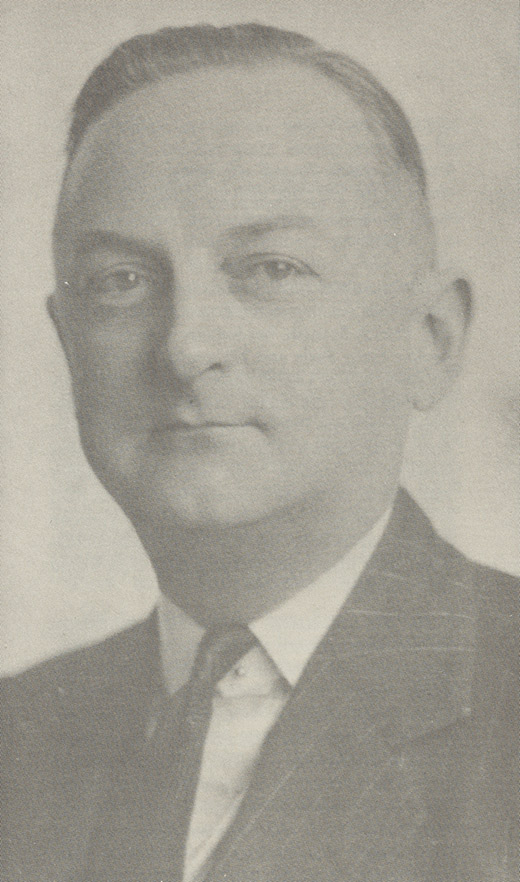“James” an Iraq combat vet, was facing eviction. His experience during a violent and bloody ambush in which he was nearly killed left him traumatized, anxious, and severely depressed. He had been receiving mental health care from the VA at Northport, but the legalities of his eviction were complicated, to say the least, and moving into a shelter would have been destabilizing. Thanks to the Veterans’ and Servicemembers’ Rights Clinic at Touro College, the eviction was postponed and “James” had the time to relocate.
Long Island has a military veteran population of 167,000, more than any other area in New York State. Many of Long Island’s returning veterans are National Guard and reserve members, whose civilian lives have been disrupted by multiple deployments. The range of administrative and legal hurdles these service members face can be daunting, particularly for those with psychological disorders.
Veterans are barred from paying a lawyer to represent them while benefits claims are pending, but a pro bono attorney or a nonprofit can represent them. Touro College Law Center opened a Veterans’ and Servicemembers’ Rights Clinic in 2010 to provide legal assistance to veterans and their families. Recognizing the increasing need of returning veterans with mental health disorders for legal assistance, The Trust – Long Island made a grant to Touro’s Law Center. “Dealing with the bureaucracy at the VA is a difficult task,” said Harrison Corcoran, a law student interning at the clinic. “In order to get any kind of real response, you have to be ready to send multiple e-mails and letters and follow them up with strategically timed phone calls. As difficult as it is for me to get any answers, I can only imagine how hard it must be for some of our mentally ill clients.”



